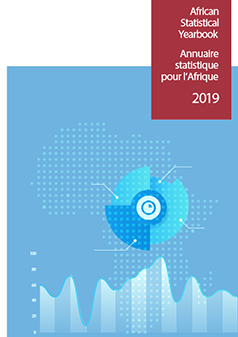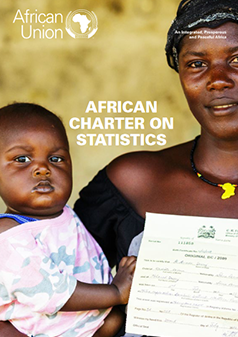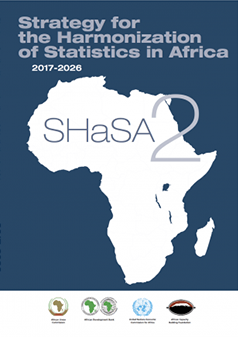Data is increasingly recognised as a strategic asset, integral to policy-making, private and public sector innovation and performance management, and creating new entrepreneurial opportunities for businesses and individuals. When applied to government services, emerging technologies can generate massive amounts of digital data...
The United Nations Economic Commission for Africa (ECA), the African Union Commission (AUC) and the African Development Bank resolved in 2007, among others, to set up a joint data collection mechanism for socioeconomic data from African countries; the development of a common harmonized database; and the production of a joint African Statistical Yearbook (ASYB).
The African Charter on Statistics aims at serving as a policy framework for statistics development in Africa, especially the production, management and dissemination of statistical data and information at national, regional and continental levels.
The Strategy for the Harmonization of Statistics in Africa (SHaSA) is built around the importance of having harmonized and standardized definitions and concepts, adapting international statistical norms to African realities and specificities; and using common methodologies for the production, management and dissemination of statistics by all African countries.





